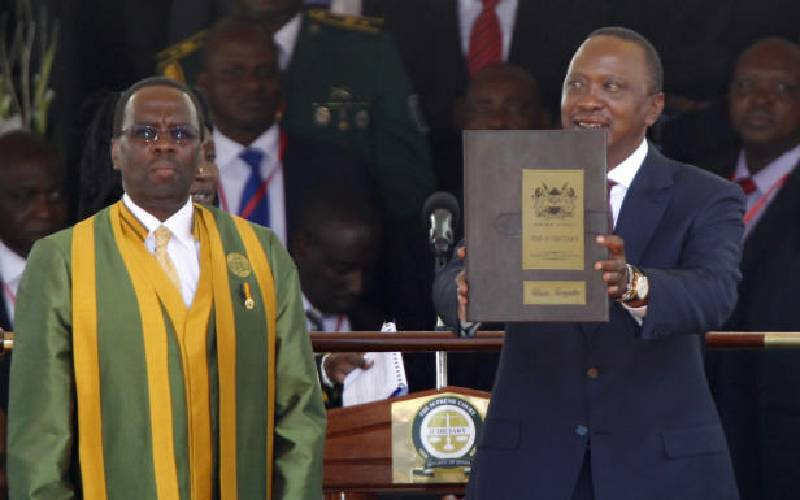
In just one month, one of the four men in this year’s presidential race shall enjoy a provision of high-end security detail and unlimited access to security and intelligence reports. This is in accordance with services due to a President-elect, should the August 9 poll proceed hitch-free with a clear winner.
Unless the poll is marred by irregularities and its outcome is contested in the Supreme Court, one of these contestants – David Mwaure, Raila Odinga, William Ruto, and George Wajackoyah – will be sitting legally pretty as President Uhuru Kenyatta’s successor. That is how fast the next few days will pass by and how near Kenyans are to their next Head of State.